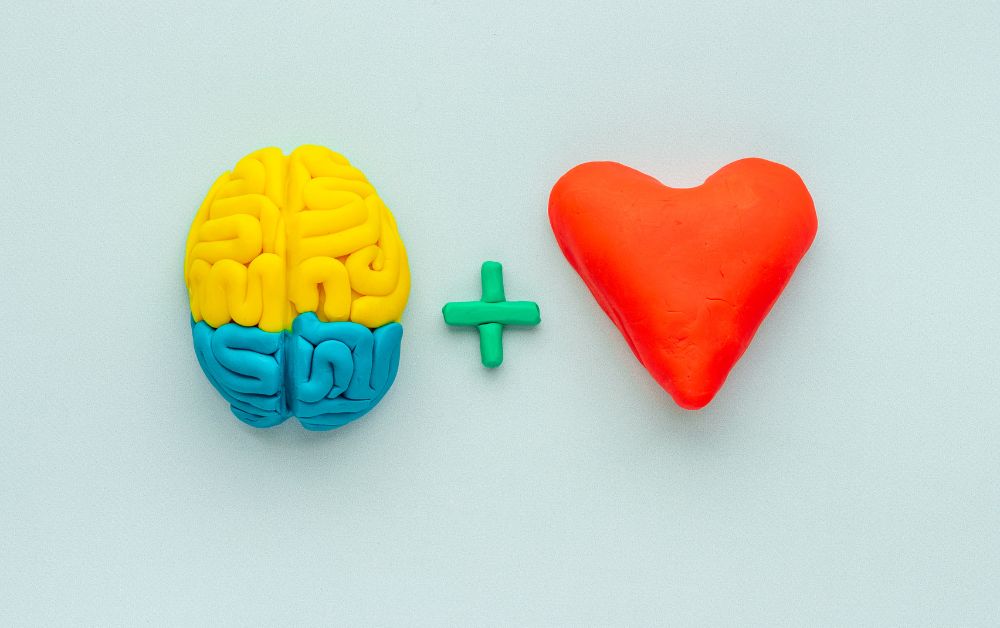As leaders shaping the future of work, one critical question is: Are we, in each of our own personal and professional capacities, preparing today’s learners – tomorrow’s workforce – to thrive in this evolving landscape?
From the power of artificial intelligence (AI) to the essential role of emotional intelligence (EQ), this week’s highlights will inspire and challenge you to think differently about how the future of education impacts the future of work.
Dive into Jude’s insights on The TomorrowToday Podcast, explore fresh ideas from our Future Smart Teacher initiative, and don’t miss Graeme Codrington’s thought-provoking video.
???? The Role of AI in Future-Focused Classrooms
Should we allow AI in schools? More importantly, should we encourage it?
In this video, Graeme Codrington explores how AI can enhance, not replace, teachers by enabling them to focus on what matters most: educating and inspiring students. AI tools like ChatGPT, Claude and Gemini are already transforming lesson planning, grading, and communication, helping teachers unlock their full potential.
Watch the video: AI and the Future of Education
Key insights include:
- AI is intelligent assistance (IA), not a replacement for educators.
- Safe and effective AI integration starts with rethinking assessments.
- Real-world lessons from the past – like how calculators improved education – show AI can be transformative in similar ways.
Learn more about resources, courses, and solutions for schools at Future Smart Teacher.
???? Emotional Intelligence: The Key to the Future of Work
In a recent episode of The TomorrowToday Podcast, Jude highlights why emotional intelligence (EQ) is vital for preparing the next generation for the complexities of tomorrow’s workplace.
Takeaways from Jude and Graeme’s conversation:
- EQ must be prioritised in schools – imagine a Head of EQ working together with the Head of Academics.
- Parents play a crucial role in fostering EQ through innovative parenting techniques.
- Conflict resolution, empathy, and connection are essential skills for the workplace and future leaders. These skills need to be prioritised at schools today.
- In a world of AI and technology, being human is what will give individuals their advantage in the work place. These are skills that need to be actively developed, not just left to chance.
- A culture of EQ can transform organisations and drive workplace success.
The episode goes further to explore how AI and EQ can work hand in hand to create bionic businesses that empower human potential and contribute to a better planet.
Listen to the podcast: EQ in the Future of Work (Jump to 11:42 for Jude’s interview on EQ)
???? Why This Matters to All of Us
Education is not just the responsibility of teachers – it’s a shared mission for parents, educators, and businesses.
- For parents: Emotional Intelligence is a foundation for your child’s success and well-being. By supporting teachers and schools, you’re investing in your child’s ability to navigate a tech-driven, emotionally complex world. We need to be brave, and smart enough to start putting as much, if not more, focus on the soft skills aa we do for academic skills.
- For businesses: The workforce of tomorrow needs future-ready skills. Organisations must champion both AI integration and EQ development to cultivate agile, adaptive employees who thrive in change. Consider offering mentorship programs, sponsoring EQ training initiatives in schools, or partnering with educational institutions to co-develop future-ready curriculums (you could even consider sponsoring a school’s Future Smart Teacher membership for just R980 a month, or a single teacher’s membership for just R135 a month – a great end of year gift!)
Taking these steps today can secure a pipeline of talent that’s prepared to meet the demands of an ever-changing workplace.
By supporting teachers today, we’re shaping the future workforce – and a better world for everyone.
Let’s work together to prioritise intelligent assistance and human connection.


